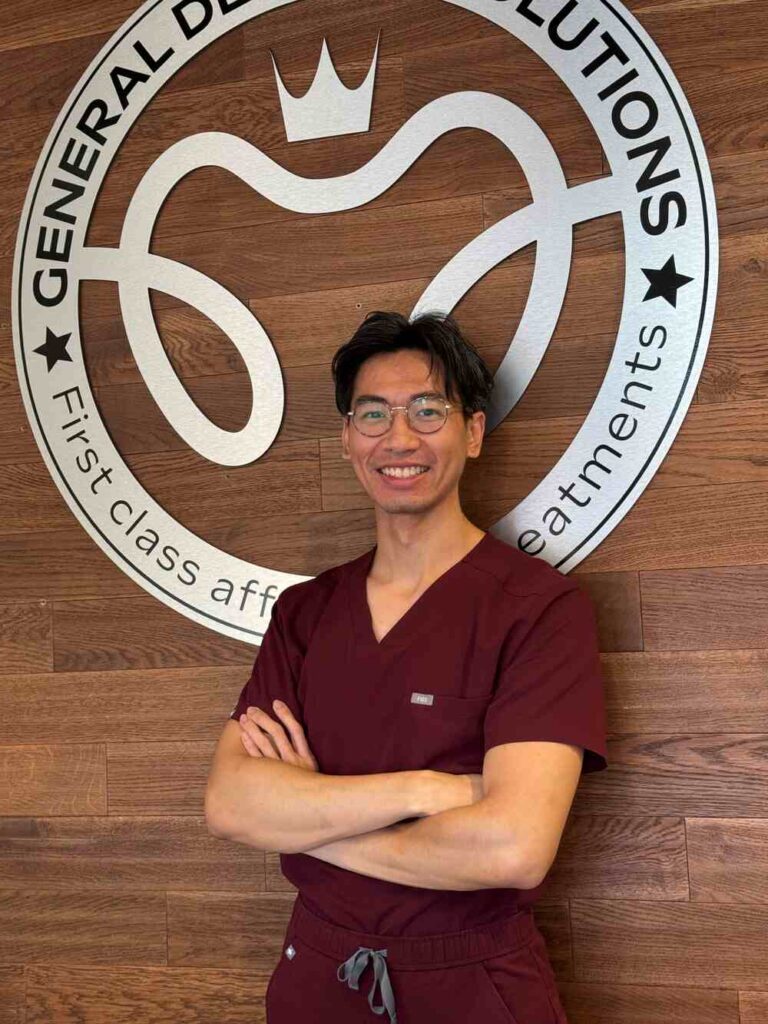SLEEP & SEDATION DENTISTRY
At General Dentist Ottawa, we are dedicated to creating a soothing atmosphere guided by skilled dental professionals. It is entirely normal to experience fear of dental visits; many of our patients, their families, and even some members of our staff encounter varying degrees of dental anxiety. We want to assure you that we empathize with your feelings and are committed to assisting you. To address your concerns, we provide a range of sedation options, from mild nitrous oxide (“laughing gas”) to general anesthesia, ensuring that your needs are met.
Each year, countless individuals forgo essential dental care due to their fears. This avoidance can lead to the deterioration of dental health, as minor issues can escalate into significant problems. We strive to prevent anyone from neglecting their dental well-being due to anxiety, which is why we offer solutions designed to minimize discomfort and potentially decrease the number of visits needed for your dental treatments.
NITROUS OXIDE (LAUGHING GAS)
Nitrous oxide, or “laughing gas,” is used as a mild sedative. It is delivered through a nose hood and is administered throughout the entire procedure. Nitrous oxide elevates the general mood and can evoke a general sense of well-being. Most importantly, it relieves anxiety and reduces discomfort during the procedure. In addition, some tingling and numbness may be felt. There are few side effects associated with nitrous oxide, and it has been safely used in dentistry for many years.
LIGHT ORAL SEDATION
This type of sedation produces feelings of relaxation and drowsiness but does not cause the patient to become unconscious. Dentists will prescribe oral sedatives, which are pills or a liquid form, that are to be taken orally before your dental procedure.
DEEP SEDATION (I.V. SEDATION)
Deep sedation is like moderate (twilight) sedation in that you feel sleepy but, in this case, you will fall asleep. You are not totally unconscious, but it would be harder to arouse you. You do not respond to verbal and physical stimulation as readily as moderate sedation and will have little memory of the procedure. This is usually recommended for more complex oral surgery procedures such as difficult extractions, or if you have a significant dental phobia or are very anxious.
GENERAL ANESTHESIA (FULLY ASLEEP)
For patients with extreme dental anxiety, strong gag reflexes, young children, or who require extensive treatment, this is the deepest level of sedation. During the procedure, the patient will be in a state of unconsciousness or fully “asleep”. This type of sedation must be requested in advance of the appointment as it needs to be administered by an anesthesiologist.

